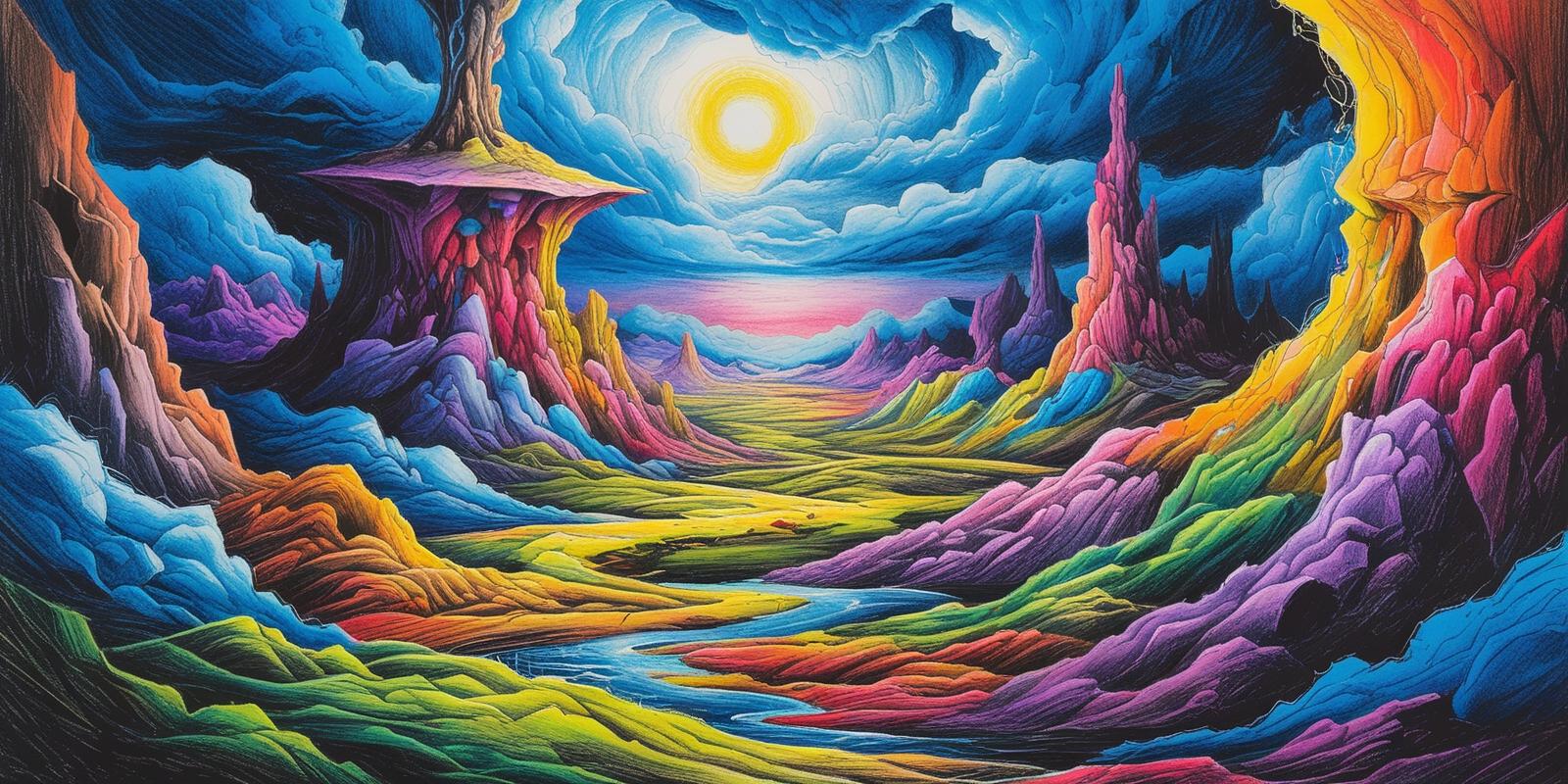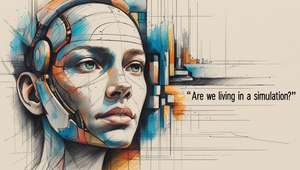Can Alcohol and Other Substances Allow Us to Exit the Simulation?

In an age of advanced technology and philosophical reflections on the nature of reality, an intriguing question arises: are we living in a simulation? Some philosophers and scientists suggest that our reality may be merely an advanced computer simulation. In this context, it's worth considering whether alcohol and other substances might momentarily allow us to "exit" this simulation and experience something different.

Alcohol as a "Gateway" to Another Reality
For centuries, alcohol has been used as a means of altering the perception of reality. After consuming it, many people experience a change in their perception of time, space, and their own emotions. Some claim that these changes can resemble an "awakening" from the simulation, offering a momentary escape from the everyday world. However, is this truly exiting the simulation, or merely changing its parameters?
The Subjective Experience of Other Substances
Similar to alcohol, other substances such as marijuana, LSD, or psilocybin have the ability to profoundly affect our senses and perception. These experiences are often described as transcendental, leading to a feeling of unity with the universe or the discovery of new dimensions of reality. Some users report that during such experiences, they feel as if they have "left" our world and moved to another, more "real" one.
Illusion or Reality?
It is worth noting, however, that while substances can alter our perception, this does not necessarily mean we are exiting the simulation. They may simply influence our brain in such a way that our experiences differ from everyday ones. From a scientific point of view, these changes are the result of biochemical reactions in the brain and do not constitute evidence of exiting any simulation.

Consequences and Responsibility
It must be emphasized that the use of alcohol and other substances is associated with serious health and social consequences. Although they may offer temporary changes in perception, they are not a permanent solution to life's problems, nor a way to discover the true nature of reality. Instead, they can lead to addiction and other health problems.
Conclusion
Although substances have the ability to alter perception and may give the impression of exiting the simulation, in reality, they are merely a way to momentarily modify our experiences. A true understanding of the nature of reality and a possible simulation requires deeper philosophical and scientific reflection, not reliance on chemical substances. It is important to approach this issue with an open mind, but also with full responsibility for one's own health and well-being.
